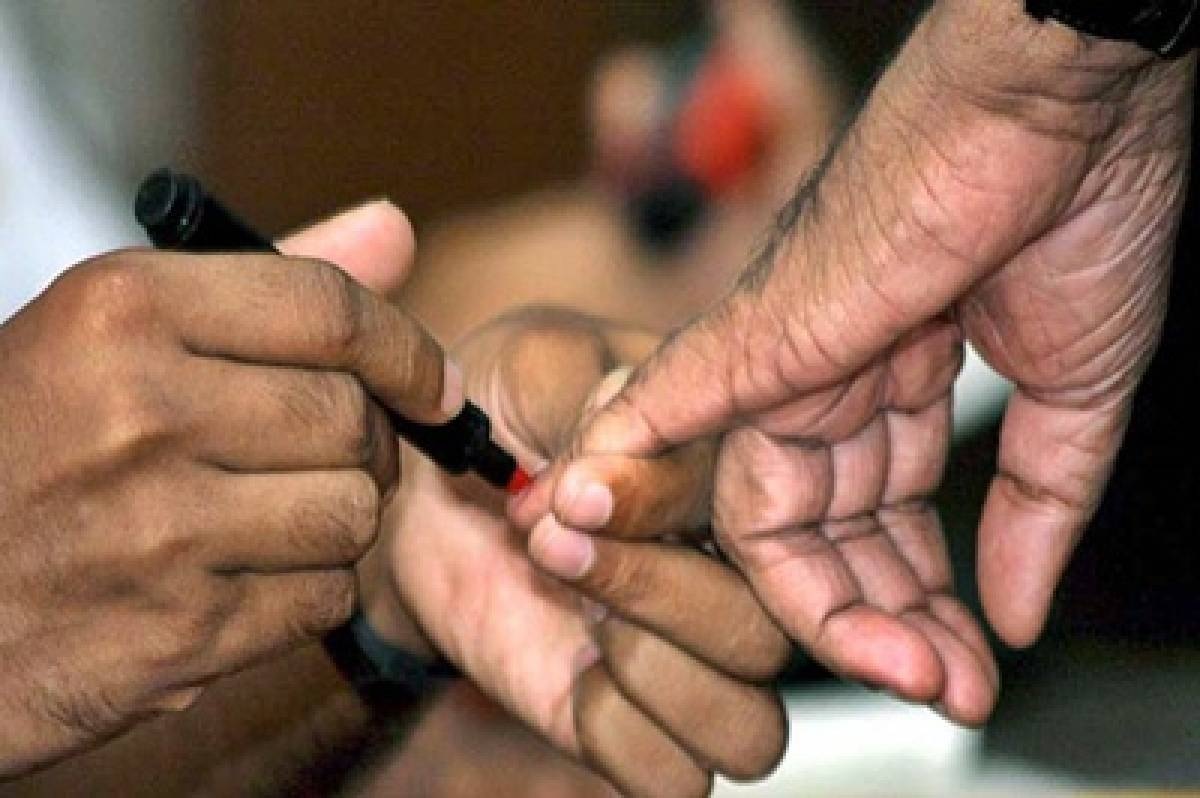
Voting ends in Sri Lanka’s presidential election amid focus on economic recovery
Sri Lanka's first presidential election since economic and political turmoil has concluded, following mass protests and the ousting of former President Gotabaya Rajapaksa. The election serves as a test for current President Ranil Wickremesinghe, who introduced IMF-backed austerity measures to stabilize the economy.
Voter turnout reached nearly 70% before polls closed at 4 p.m., with 17 million Sri Lankans eligible to vote. A result is expected Sunday after counting begins.
Wickremesinghe defended his policies, stating, “I’ve taken this country out of bankruptcy,” but opponents Anura Kumara Dissanayake of the Janatha Vimukthi Peramuna (JVP) and Sajith Premadasa vowed to renegotiate the IMF package to ease the burden on citizens.
Economic issues dominated the campaign, with poverty rising to 25% between 2021 and 2022, leaving over 2.5 million people in hardship. While the IMF recognized progress, it warned the economy remains vulnerable, with $46 billion in foreign debt payments yet to resume since the 2022 default.
Police were deployed to ensure safety, and a ban on liquor sales and celebrations remains in place until a week after results are announced.







